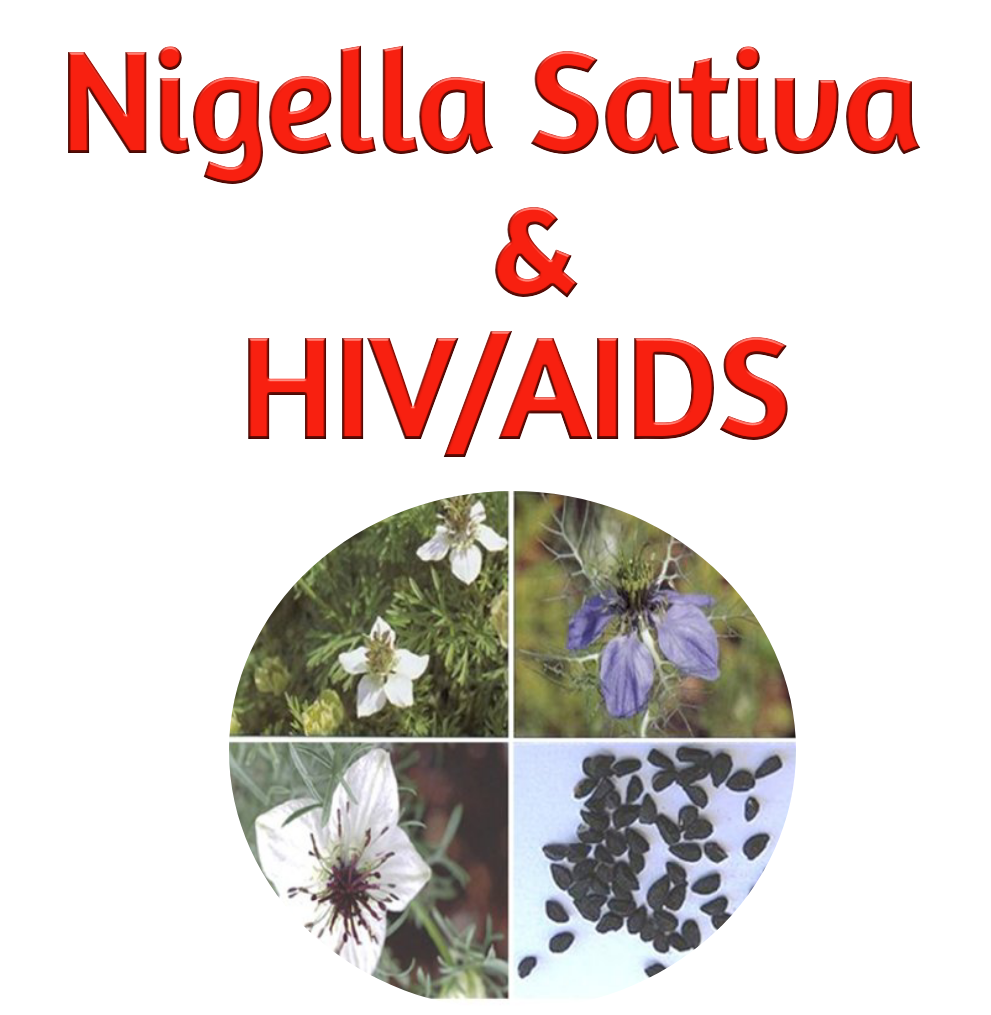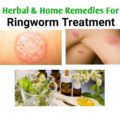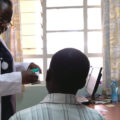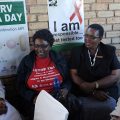Nigeria has the second-largest HIV epidemic in the world. Although HIV prevalence among adults is much less (2.8%) than other sub-Saharan African countries such as South Africa (18.8%) and Zambia (11.5%), the size of Nigeria’s population means 3.1 million people were living with HIV. Unprotected heterosexual sex accounts for 80% of new HIV infections in Nigeria, with the majority of remaining HIV infections occurring in key affected populations such as sex workers.
Herbal medicine practice in Nigeria is currently attracting serious attention from the scientific and industrial community. The World Health Organization (WHO) supports the use of herbal medicine provided they are proven to be efficacious and safe. Plants have always been a component of mankind’s healthcare system. This is either directly or indirectly. Directly, the plant parts like leaves, fruits, stem bark, and roots or even the whole plant are themselves used in the treatment of different and illnesses. WHO estimates that about 80% of Africans use herbal remedies for illness. Human immunodeficiency virus (HIV) infection which was believed to have no cure led many HIV patients to source for alternative or complementary therapy. A new study reported that the use of herbal remedy for HIV infection is high.
The Search for HIV Cure in Nigeria
Despite wild claims by many medical and herbal practitioners, one of the few scientific studies that has shown promise in the treatment of HIV is a pilot study conducted to determine the effectiveness (clinical and laboratory responses) of α-Zam a combination of Nigella sativa (black seed) and honey. The results from this study showed promising results for HIV treatment in Nigeria. The study which was published in the Journal of Herbal Medicine involved Six HIV-infected patients taking the herbal concoction (Nigella sativa and honey) as an alternative therapy for HIV infection for 4 months. The result from the study showed that symptoms and signs associated with HIV infection disappeared within 20 days of commencement of herbal treatment, body weight increased by almost 10 kg, viral load decreased to an undetectable level while CD4+ count increased significantly after 4 months. Another study also recommends Nigella sativa or black seed oil at a dosage of 10mls daily for 6 months as a cure for HIV. These new findings opened a new horizon for research into HIV treatment in Nigeria and hope for a possible cure within the shortest possible time.
Fraud In Herbal Claims of HIV Cure In Nigeria
Desperation has unfortunately led many into the hands of fraudsters masquerading as traditional and medical practitioners with cures for HIV. Researchers from the University of Liverpool conducted an evaluation in collaboration with Dalhatu Araf Specialist Hospital Lafia, State Specialist Hospital Gombe, Federal Medical Centre, Faith Alive Foundation Hospital, and PMTCT Centre, in Nigeria revealed that out of 138 herbal samples, three (2%) from two cities (Jos and Ibadan) contained measurable antiretrovirals. Tenofovir (0.2 ng/mg powder) and FTC (0.0065 ng/mg powder) were detected in one sample from Jos. Two samples from Ibadan also contained tenofovir (0.2 and 1.6 ng/mg powder) and FTC (0.123 and 0.00049 ng/mg powder), and one of these also contained 3TC (0.25ng/mg powder). Despite the activities of these unscrupulous practitioners, the journey towards an effective treatment and cure for HIV in Nigeria is almost complete.
Herbal medicine benefits in HIV treatment
Cost-effectiveness and affordability of Herbal products: Modern medical practice and pharmaceutical drugs are becoming more expensive than the common man can hardly afford them. The growing testimonies of the increasing effectiveness of herbal medicine, coupled with a much lower occurrence of side effects, have made Herbal medicine a ready alternative indeed to Modern medicine.
Efficacy: The efficacy of these herbs for the treatment of various diseases has been determined. Numerous studies have been carried out to confirm their effectiveness.
Availability: Herbal products in form of supplements, herbal teas, extract, essential oils, and so on, are easy to come by. They are available in health food shops, springing up all over the place and on the Internet and pharmacy shops.
Boosting the immune system: Most herbal products do not interfere with the physiological processes that go on in the body. On the contrary, they support such processes by supplying enough antioxidants. See: Where To Get Hepatitis B Vaccine In Nigeria





